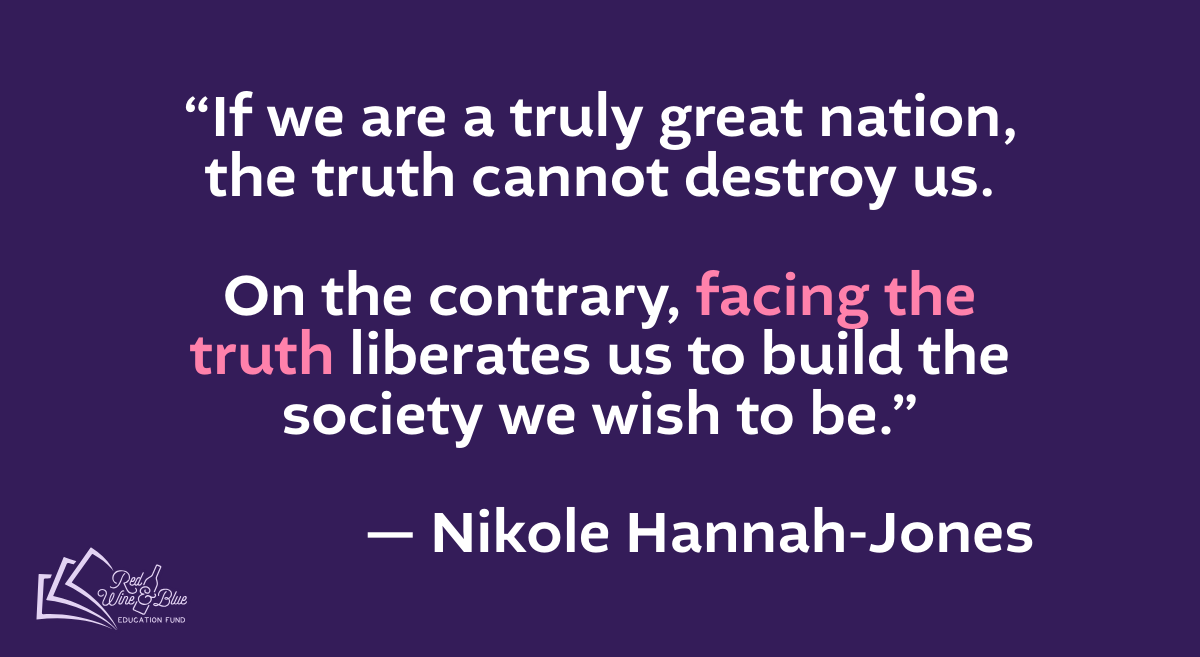None of us want to think of ourselves as racist, and it’s true that we don’t intend to be. But saying (and believing) that we’re “not racist” is not enough to tackle the very real problem of racism in America. We need to be anti-racist. But what exactly does that mean?
WHAT IS ANTI-RACISM?
It can be tough to talk about racism, let alone call it out, but that’s exactly what we have to do if we’re ever going to end it. We have to be willing to learn, speak honestly, and work intentionally to confront racism when we see it. And that is what anti-racism is — the active practice of opposing racism and working intentionally to confront and stop it. That includes stepping outside of our comfort zones, speaking up, having difficult conversations, and calling out examples of racism when we see them.
WHY DO WE NEED ANTI-RACISM?
When America was founded, there was a prevailing belief that white people were better than others and should hold all the power. The most obvious example of racism — slavery — began in the colonies well before we even became a country, and it lasted almost 250 years. As the social, economic, and political systems of America were created, they were shaped by that racism.
What some people don’t realize is that a system rooted in white supremacy hurts everyone, including white people. For example, after desegregation, many communities (led by white decision makers) chose to drain and completely close their public swimming pools rather than share them with Black families. Everyone lost something in that scenario.
It might be tempting to think that because slavery ended, and because the Civil Rights Era brought about progress, and because we elected our first Black President and Vice President, that racism isn’t a problem anymore, but that simply isn’t true.
After slavery ended, racist laws and codes persisted. Segregation kept education, shopping, travel, and dining, among other things, separate and unequal. These centuries of inequality kept Black Americans from equal opportunities to gain education, work high-paying professional jobs and get associated benefits like healthcare, own land and homes, and build wealth. The resulting gaps in equal representation in all these areas exist to this day.
Now of course, a lot of important progress was made during the Civil Rights Movement, but it didn’t magically erase racism from society. In fact, extremists are trying to reverse that progress now by eliminating diversity, equity, and inclusion programs, ending federal civil rights investigations, banning books written by or about Black and brown people, cutting funding for minority-focused healthcare research and environmental justice, conducting mass deportations of immigrants, and more. They are taking us back in time!
This is why we need anti-racism. Racism won’t go away just because some individuals aren’t racist. We have to do intentional work to fight it.
DOING THE WORK OF ANTI-RACISM
We shared some typical examples above, but racism and imbalances of power in our culture sometimes exist in ways we don’t even notice. It even influences our own behavior whether we realize it or not.
We have to start looking at the world around us in new ways. And it’s not just about calling out overt examples of racism, like someone using a racial slur. It’s also about looking for ingrained biases and imbalances of power that may (even sometimes unintentionally) be perpetuating racism. Like noticing if the hair policies on our kids’ sports teams disproportionately impact traditionally Black hairstyles. Or noticing if our Homeowner’s Association rules disproportionately affect a minority population. Or recognizing that a proposed voter ID law in our state will harm voters of color more than white voters. Practicing anti-racism means that once we see things like this, we speak out and stop them.
Being anti-racist takes a lot of learning and a lot of intentional effort. We recently launched a new webpage that has some introductory resources for anyone looking to start or level up their anti-racism work. Over the next few weeks, we’ll share even more!


